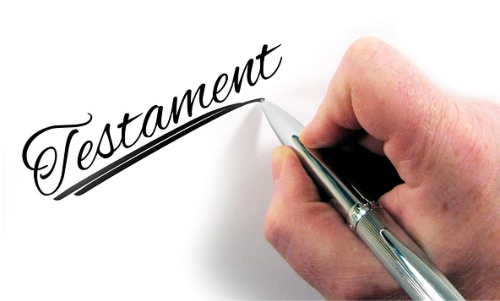
Have you recently come across a will that you believe is invalid? If so, you may be wondering what your options are and what steps you need to take to challenge its validity. In this blog, we will discuss the process of setting aside wills and provide you with five essential things you need to do if you believe a will is invalid.
A will that is regular on the face of it is presumed to be valid unless declared invalid. The onus of proving the will’s invalidity is on the person who challenges it. Therefore, it is crucial to have legal assistance from experienced attorneys who can help you build a strong case and gather evidence of the surrounding circumstances, the state of the testator’s mind, and statements made by the testator.
If you are an interested party, such as a beneficiary or executor under the challenged will, you can bring proceedings to set aside the will. However, it’s important to note that proceedings challenging the validity of the will should be taken promptly, or you may be estopped from attacking the will’s validity.
Here are five essential things to do if you believe a will is invalid:
1. Seek Legal Advice
Challenging the validity of a will is a complicated process that requires legal expertise and experience. An experienced attorney can help you understand your legal rights and provide you with the guidance you need to build a strong case.
2. Collect Evidence
To successfully challenge the validity of a will, you must gather evidence of the surrounding circumstances, the state of the testator’s mind, and any statements made by the testator. Evidence can include medical records, correspondence, and witness statements.
3. Identify Interested Parties
All interested parties, including beneficiaries and executors, should be joined in the proceedings. If the executor has been appointed by virtue of the challenged will, it is their duty to defend the action if they have no reason to doubt the will’s validity.
4. Consider Alternatives
Before proceeding with a challenge to a will’s validity, it may be worth considering alternatives. For example, it may be possible to negotiate with interested parties or to seek mediation to resolve disputes without going to court.
5. Be Prepared for the Costs
Challenging the validity of a will can be costly, so it’s essential to be prepared for the potential expenses involved. Your attorney can provide you with a cost estimate and help you understand your legal options and the potential costs associated with each.
At Vermeulen Attorneys, we understand the complexities of setting aside wills and can provide you with the advice and assistance you need. Contact us today for a consultation and let us help you challenge the validity of a will.









